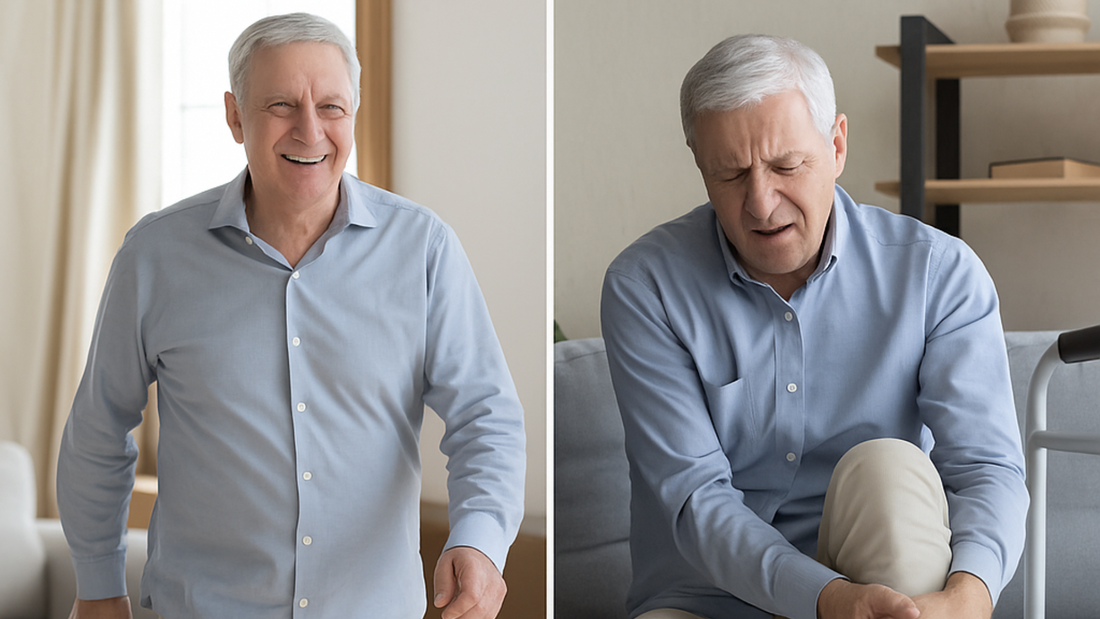The Surgery Was a Success—So Why Is the Patient Still Unhappy?
In orthopedics, we often see high technical success rates.
Joints are realigned. Implants are perfectly placed. Fractures heal.
But even with a well-executed procedure, patient satisfaction doesn't always follow.
Why?
One of the biggest culprits is mismanaged expectations.
The Expectation Gap
We’ve talked to countless patients who walked into surgery thinking:
- “I'll bounce back in a week or two.”
- “PT shouldn't be too bad. I just need to do what they tell me.”
- “I expect to be independent. I'll probably be okay on my own at home.”
And then reality hits:
- Recovery is slower than expected
- Pain and fatigue are real after surgery and after PT sessions
- It takes actual effort to regain that strength and function
When what they expected doesn't match what they experience, even a “successful” surgery can feel like a failure.
This mismatch often leads to:
- Increased frustration
- Poor engagement with rehab
- Lower motivation
- Negative perceptions of the overall care
The Data Doesn’t Lie: Education = Better Outcomes
A systematic review published in the Journal of Orthopaedic & Sports Physical Therapy found that preoperative education significantly:
- Improves patient satisfaction
- Reduces anxiety
- Enhances both physical and psychological outcomes
But this isn’t just about handing patients a 50-page packet and hoping for the best.
What Real Preparation Looks Like
Effective patient education means preparing people mentally, physically, and emotionally for what’s coming. That includes:
- Describing the real, actual pace of recovery, with ups and downs
- Explaining what physical therapy involves and how much effort it takes
- Setting expectations about pain, fatigue, mobility aids, and daily limitations
- Offering guidance on how to prep the home and support system before surgery
- Helping patients set goals and track progress over time
When patients are given a realistic roadmap for recovery:
- They stay more engaged in their care
- They feel less blindsided by challenges
- They are more likely to report satisfaction, even if the physical outcome is the same
Conclusion: Better Preparation = Better Satisfaction
Patients don’t want sugarcoated optimism.
They want the truth, delivered with empathy and a plan to get through it.
When we give patients the tools and knowledge to prepare for what’s ahead, we don’t just reduce complications, we build trust and boost outcomes.
At SurgicalRx, we’re on a mission to help patients walk into surgery fully informed, fully prepared, and fully supported.
Because the real work doesn’t end when the surgery is done, it starts long before the first incision.

